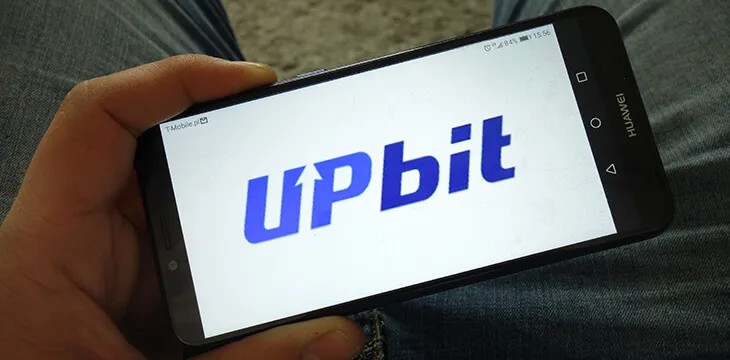|
Getting your Trinity Audio player ready...
|
Upbit has become the first digital currency exchange in South Korea to file a business report with South Korean regulators. The exchange reported its digital currency operations to the Financial Intelligence Unit (FIU) upon completing real-name verification and partnering with a local bank.
South Korea has become very stringent on digital currency exchanges, with the Financial Services Commission giving them a September 24 deadline to comply with new stipulations. The big exchanges with big financial backing have been able to comply, but the smaller ones are shutting down or suspending services.
And now, according to a local report, Upbit has become the first to submit its business report with the FIU, a department under the FSC. Dunamu, the fintech giant that operates Upbit, confirmed the news recently.
Commenting on the submission, FSC vice chair Doh Gyu-sang said that the regulator is looking forward to accepting similar reports from exchanges operating in the country. Before the end of the month, he expects to receive similar reports from two other exchanges, he told the media.
To submit the report, an exchange needs to comply with the FSC’s stringent stipulations, some of which have proven too much for exchanges, with some like Probit delisting hundreds of tokens while others like Daybit have shut down altogether.
One of these is setting up real-name verification in which every user’s identity is verified before they get access to the platform. To do this, exchanges are required to partner with local banks, and this has proven to be a Herculean task.
Banks in South Korea have shied away from partnering with exchanges, despite the country having a robust digital currency industry and relatively advanced regulations. As one insider revealed, banks don’t think the short-term profits are worth the ‘risk and uncertainty’ that comes with partnering with exchanges.
Upbit, however, is one of the ‘Big Four’ that have reportedly been able to fulfill all these requirements. It partnered with K Bank, a digital bank that was established in 2016 and has now become widely popular.
The other Big Four exchanges have all also partnered with banks, even as the smaller exchanges struggle. Korbit exchange partnered with Shinhan Bank, South Korea’s second-largest bank, while Coinone and Bithumb partnered with NongHyup Bank, the third-largest.
Together, the Big Four exchanges control over 80% of the Korean market.
Watch: CoinGeek Zurich panel, The Future of Trading & Digital Assets

 07-17-2025
07-17-2025 





